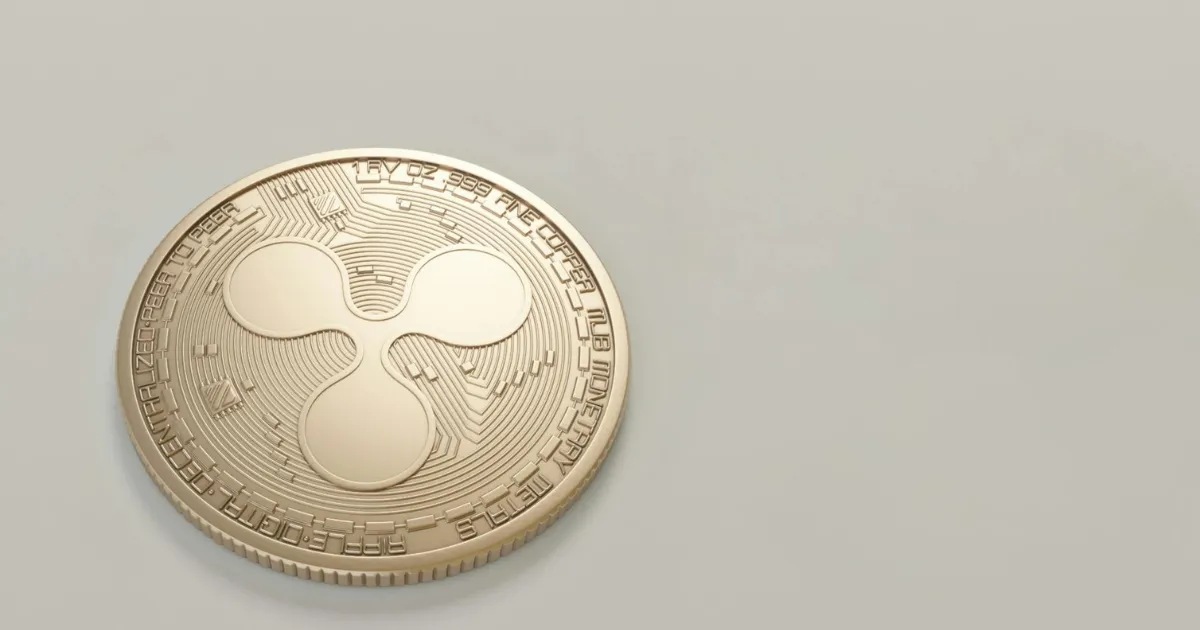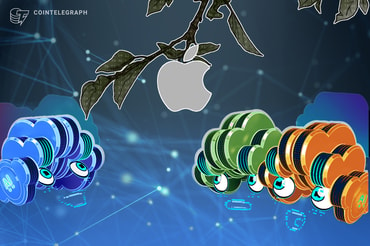How to Talk About Crypto With Your Family This Thanksgiving

Election 2024 coverage presented by
With Bitcoin eyeing $100,000 and “Peanut the Squirrel” grabbing headlines with 3,000% gains, crypto is firmly back on the menu this holiday season. Family debates about Bitcoin, meme coins, and “the dog thing Elon tweets about” will no doubt liven up the dinner table and you, as the designated ‘crypto expert,’ will need some talking points to win over the normies.
Trump’s candidacy and victory sparked the latest crypto bull run and many now associate it with the worst excesses of MAGA and Elon’s D.O.G.E trolling. For your left-leaning relatives, seeing crypto championed so hard by the new Republican administration will do little to help your case. If your true-blue cousin won’t buy Bitcoin because of its red-and-orange connections, switch to the facts instead.
Point out that Bitcoin is a currency that can be used by people of all creeds, making it inherently non-political and a movement that can unite us all. Reference Jason Maier’s book, “A Progressive’s Case for Bitcoin,” which unpacks many misconceptions about Bitcoin and underscores its origins as a protest against too-big-to-fail banks, its ability to help poor and marginalized communities, and its potential to create a sustainable environment. While policies may drive price action, crypto itself should never be a partisan issue.
Somewhere between the deviled eggs and the turkey, the next battle you’ll face will be meme coins. With top-performing coins like PEPE, DOGE, and SHIB, and newcomers like PNUT delivering explosive returns, Aunty Cynthia’s heard about the meme coin craze and she’s got some opinions to share.
While POPCAT, BONK and MOODENG capture culture and community in ways that make insiders smile, the flip side is making our industry look a little delulu. When trying to get pension funds and family offices to allocate to crypto, it’s hard to argue the virtues of Fartcoin, no matter how many brussel sprouts you’ve eaten. The memecoin craze is fun but shouldn’t overshadow the real power of crypto to bring better, more efficient, more effective financial services to the world. It’s simple — for the 1.4 billion people shut out of the traditional financial system, crypto is a better way to store value, access lending and build wealth, empowering them to take control of their financial futures. Also, when it comes down to it, memecoins are an incredibly innovative new form of expression and financial participation that can provide a sense of community and belonging missing from much of the polarizing social discourse on centralized platforms.
The launch of Bitcoin and Ethereum ETFs this year has some saying that crypto is just another payday for Wall Street suits. While folks like BlackRock’s Larry Fink may help onboard more Boomers to crypto, they’re missing the point. Cryptocurrencies are the antithesis of stocks and other TradFi assets administered and held by centralized custodians. Digital assets are yours to own. They are decentralized, unseizable, peer-to-peer, require no centralized authority, and often have additional utility beyond a means of exchange and store of value.
The decentralized finance (DeFi) sector has opened up myriad opportunities and leveled the playing field for everyday individuals to access sophisticated financial instruments, secure a decent APY, or take out a permissionless loan. No one can take your crypto from you if it’s stored correctly under your control, or halt trading to prevent you from claiming your funds. It’s entirely different from traditional finance.
Many people who got curious about crypto during the last bull cycle immediately crashed into one of the biggest financial frauds in U.S. history. And those who got tired of waiting for prices to rise sold their assets at a less-than-ideal time. Everyone knows someone’s cousin, niece, or nephew who “lost everything in crypto,” especially NFTs. But for those who bought and held bitcoin at least, their patience was duly rewarded. BTC has yielded an average of 671% annually since 2013, making it the best-performing asset of our time.
Just look at El Salvador’s success. President Nayib Bukele’s bet on Bitcoin in 2021 drew its fair share of criticism but the small Central American country’s Bitcoin holdings have now soared to over $500 million, yielding more than 100% ROI. Not only that but his approval ratings are hovering around 90% and the homicide rate is now lower than in the U.S. Another small country to make it big on Bitcoin is the Kingdom of Bhutan whose Bitcoin holdings now equate to over $1 billion. Does that seem risky to you?
Of course, no Thanksgiving dinner would be complete without the old adage that crypto isn’t real. Some folks just can’t get around not being able to put bitcoin in their pocket, arguing that it isn’t backed by anything, unlike the dollar which comes with the “full faith and credit” of the U.S. government. Cold hard facts are your friend for this one. Point to the powerful network of miners behind Bitcoin, the $3 trillion crypto market cap, the ETF providers, the institutions, politicians and nation-states.
Talk about Bitcoin’s capped supply of 21 million and reinforce that — unlike the dollar which has lost 92% of its purchasing power since 1933 — no more will ever be mined and can never dilute the value of your holdings. Bitcoin’s limited supply makes it much more akin to gold as a scarce asset and optimal store of value, compared to the out-of-control money printing machine behind the greenback diluting the value of your savings.
Wonder why the cost of everything from ham and eggs to house prices and the turkey on the table have gone up? Inflation is an ongoing tax on the people and Bitcoin provides a compelling solution. Or, to put it in words that Uncle Dave would agree with, Bitcoin offers a hedge against many of the risks inherent to the traditional fiat financial system.
If, after all that, your family remains an immovable object, take heart. It’s better to have tried and failed than never to have tried at all. And Grandma asking about crypto again is the clearest top signal you can get.
Note: The views expressed in this column are those of the author and do not necessarily reflect those of CoinDesk, Inc. or its owners and affiliates.
Edited by Benjamin Schiller.
Disclosure
Please note that our privacy policy, terms of use, cookies, and do not sell my personal information have been updated.CoinDesk is an award-winning media outlet that covers the cryptocurrency industry. Its journalists abide by a strict set of editorial policies. CoinDesk has adopted a set of principles aimed at ensuring the integrity, editorial independence and freedom from bias of its publications. CoinDesk is part of the Bullish group, which owns and invests in digital asset businesses and digital assets. CoinDesk employees, including journalists, may receive Bullish group equity-based compensation. Bullish was incubated by technology investor Block.one.
Jonathan Isaac is CMO at CoinMarketCap, where he leads marketing and business development for the world’s number 1 crypto website. He has operated at the sharp edge of marketing for 20 years, having held top jobs at some of the world’s best creative, digital and media agencies.

Published on Other News Site












